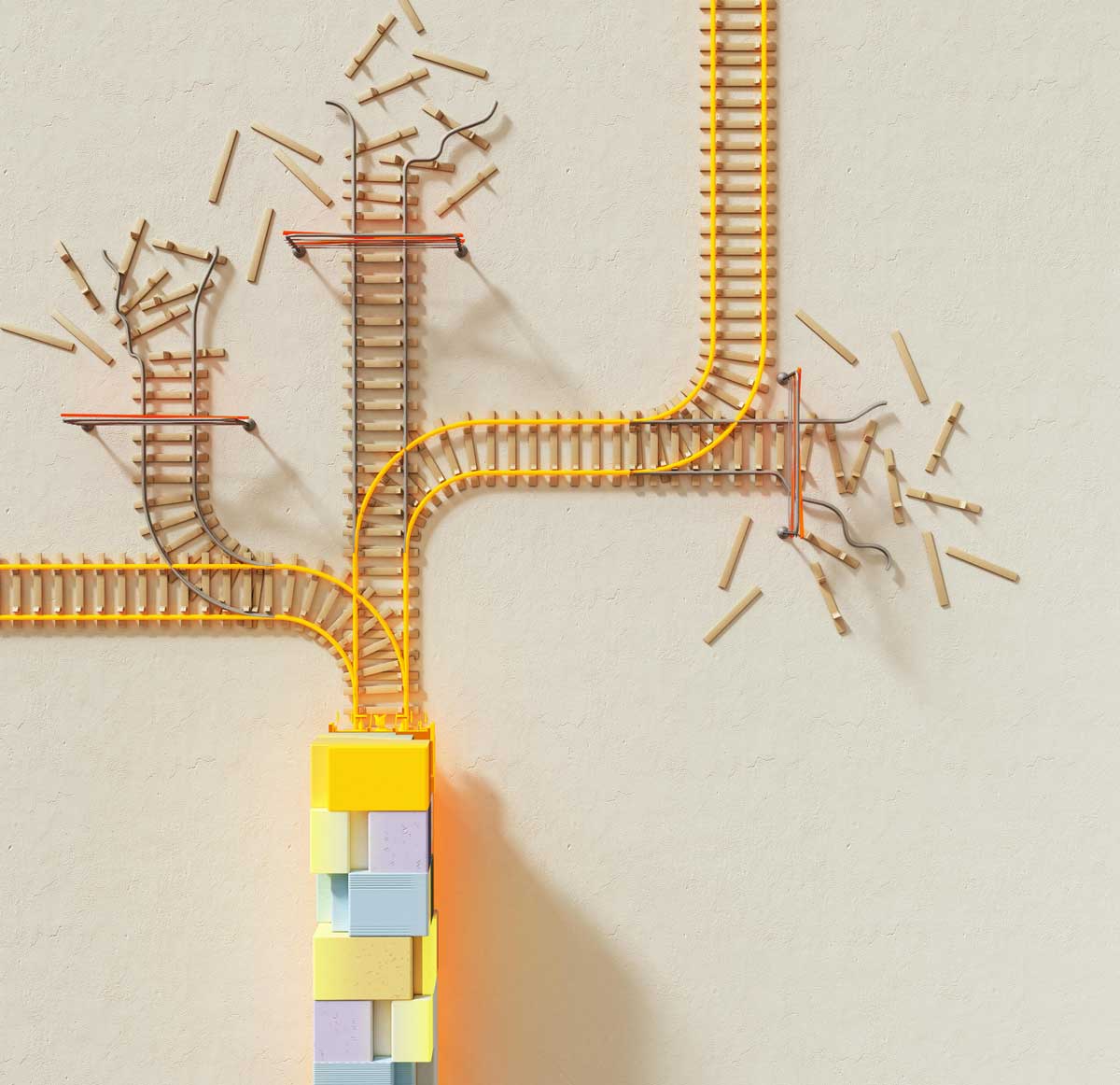Depression is a complex and often misunderstood condition that affects individuals of all ages. From childhood and adolescence to adulthood and later years, depression can manifest in different ways depending on a person’s life stage, experiences, and underlying health. As a psychiatric nurse practitioner-led practice, our approach to treating depression is comprehensive, compassionate, and tailored to each individual’s unique needs, no matter their age or background.
Understanding Depression Across the Lifespan
Depression isn’t just feeling sad or going through a rough patch—it’s a medical condition that impacts mood, energy, and daily functioning. The symptoms of depression can look different at different ages:
- In children and adolescents, depression may manifest as irritability, trouble concentrating in school, or withdrawal from activities they once enjoyed.
- In adults, the symptoms may include persistent sadness, loss of interest in things once enjoyed, difficulty sleeping or eating, and sometimes feelings of worthlessness or guilt.
- In older adults, depression might present as fatigue, unexplained aches and pains, and changes in sleep patterns, often mistaken for normal aging or physical health problems.
Recognizing these symptoms, regardless of age, is essential to providing the right care. Our treatment approach is designed to meet individuals where they are in their life journey, addressing the unique factors contributing to their depression.
A Holistic, Patient-Centered Approach
We believe in a holistic and patient-centered approach to treating depression, one that respects the individual’s autonomy and provides clear, detailed options for treatment. Here’s how we approach treatment for depression across the lifespan:
- Thorough Assessment and Understanding
Treatment for depression starts with a comprehensive psychiatric evaluation. We take time to understand the individual’s symptoms, life history, family dynamics, current stressors, and personal goals. This thorough assessment allows us to get to the root causes of depression, whether they are genetic, environmental, or situational.
- Collaborative Care and Goal Setting
We work closely with our patients to set achievable goals. Depression can often leave people feeling helpless and overwhelmed, so we emphasize a collaborative treatment plan. This approach empowers patients to feel involved and in control of their mental health journey. By clearly outlining treatment options and discussing what resonates with the patient, we can ensure the plan aligns with their needs and preferences.
- Evidence-Based Treatment Modalities
Depression treatment is not one-size-fits-all. We utilize a combination of the most current and effective treatments, including:
- Medication Management: Antidepressants are often a cornerstone of treatment. We work with patients to find the right medication, adjusting doses and types as needed to ensure the best outcomes with minimal side effects.
- Psychotherapy: Therapy is essential in helping individuals understand the root causes of their depression and develop coping strategies. We use evidence-based therapeutic approaches such as Cognitive Behavioral Therapy (CBT), which focuses on changing negative thought patterns, and other modalities like Dialectical Behavior Therapy (DBT) or supportive talk therapy, depending on the patient’s needs.
- Tailoring Treatment to Life Stage
Because depression affects different life stages in unique ways, our treatment approach varies depending on the patient’s age and circumstances:
- For children and adolescents, we work closely with parents to ensure a supportive home environment. Treatment also emphasizes developing healthy coping mechanisms and addressing school-related stressors.
- For adults, we focus on balancing medication, therapy, and lifestyle changes. We help patients manage daily stress, work-related challenges, and relationship issues, all while encouraging self-care and lifestyle changes that support long-term mental health.
- For older adults, we recognize the potential overlap with physical health issues and take a thorough approach to differentiate between symptoms of depression and other medical conditions. We also address the social and environmental factors that often contribute to depression in later life, such as isolation and grief.
- Ongoing Support and Adjustment
Depression is a chronic condition that often requires ongoing monitoring and adjustment. We believe in maintaining open communication with our patients, regularly checking in on their progress, and being flexible with treatment plans. Whether through in-person follow-up visits or telehealth sessions, we ensure that patients receive the continued support they need as they progress through their treatment.
The Path to Recovery
Treating depression requires patience, understanding, and persistence. Our goal is not only to alleviate symptoms but to help our patients build resilience, regain a sense of purpose, and rediscover joy in life. Whether it’s through medication, therapy, or a combination of both, we’re committed to working alongside each patient, empowering them to manage their depression and achieve long-lasting mental wellness.
If you or someone you know is struggling with depression, know that help is available. Every stage of life brings its own set of challenges, but with the right support, recovery is possible. Together, we can navigate the path to healing and create a brighter future.


